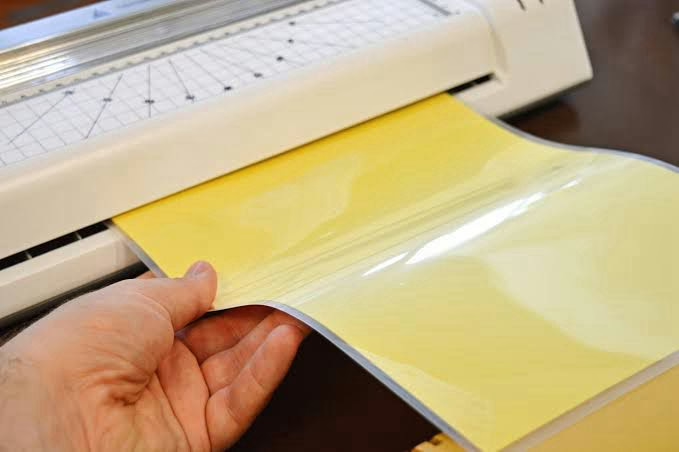Can Laminated Documents Lead to Visa Application Rejection? A Detailed Examination
Claim: Laminating official documents may result in visa application denial.
Verdict: Confirmed as true.
Public Opinions and Social Media Buzz
Recently, a video circulating on Instagram sparked debate by asserting that laminating documents could render them invalid for visa applications. The creator urged Nigerians to avoid laminating their official papers to prevent complications during visa processing.
The post generated polarized responses. Some users shared personal experiences supporting the claim, such as one individual whose laminated marriage certificate was rejected during a golden visa application. Conversely, others reported successfully using laminated documents for admissions and visa approvals abroad, including in the UK.
This Instagram video has attracted significant attention, amassing over 27,000 likes, 2,000 comments, and 17,000 shares. A similar discussion on Facebook has also engaged thousands, reflecting the widespread interest and confusion surrounding this issue.
Legal Insights on Laminated Documents
Legal expert Habeeb Whyte, Principal Legal Officer at the Federal Competition and Consumer Protection Commission (FCCPC), clarified the legal implications of laminating documents. He emphasized that laminating can jeopardize the validity of documents for official, international, and legal purposes.
“Numerous foreign embassies in Nigeria explicitly reject laminated documents during visa or legalization processes,” Whyte explained. He further noted that lamination can obscure critical security features such as watermarks and embossed seals, which are essential for verifying authenticity.
In judicial settings, laminated originals may be dismissed as evidence because lamination can conceal signs of tampering or forgery. Additionally, laminating any page of a Nigerian passport automatically invalidates it, as per embassy regulations.
Why Laminating Documents Is Problematic
Beyond legal concerns, Whyte highlighted practical issues with lamination. It prevents officials from stamping or signing documents directly, a necessary step in authentication and legalization procedures. This often leads to rejection during verification at institutions like the Federal Ministry of Foreign Affairs.
Moreover, laminated documents hinder the detection of alterations, increasing the risk of fraud. Authorities may reject such documents if tampering is suspected, causing delays or legal complications.
From a consumer protection standpoint, Whyte stressed that the FCCPC prioritizes document integrity. If laminated documents are found to misrepresent product quality or information, they could trigger enforcement actions against misleading practices.
He advises individuals and businesses to explore alternative preservation methods, such as using protective sleeves or certified copies, and to consult relevant authorities for specific documentation requirements.
Updated Context and Recommendations
In 2024, with increasing digitization of visa and immigration processes worldwide, many embassies now require original, unaltered documents or certified digital copies. For example, the UK Home Office and the US Department of State explicitly state that laminated documents are unacceptable for visa applications.
Applicants are encouraged to keep original documents safe using non-invasive methods like archival-quality folders or document wallets. Additionally, obtaining official certified copies or notarized documents can provide a secure alternative without compromising authenticity.
Summary
Legal authorities and embassy guidelines confirm that laminating official documents can invalidate them for visa and other legal applications. To avoid rejection and potential legal issues, it is prudent to preserve documents through recommended non-laminating methods and verify specific embassy requirements before submission.
By: Quadri Yahya


















0 Comments